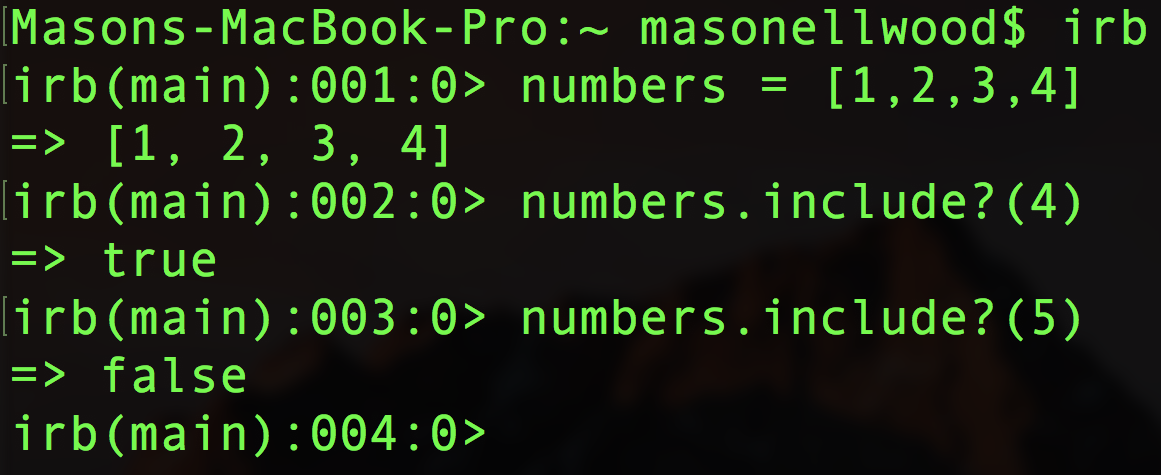My name is Mason Ellwood, and I’m currently working on Flatiron School’s Online Full Stack Web Development Program. Each week, I’ll be writing about my experience, what I’m learning, and tips on learning to code.
Something that I have struggled with personally, is finding a comfortable place to work. I do not believe I am a complete introvert because I love being around and interacting with people. With this personal trait sometimes it is hard to sit in front of a computer all day which lacks that “human” aspect.
Learning to overcome this, I have set a routine for myself. Weekly I work to update my surroundings and interactions I have with people to break the monotony of isolating work. This has helped me to maintain sanity while establishing a productive routine to get through school.
Spending all day at a computer “learning” in an online program is challenging, and I won’t beat around the bush. It is easy to get distracted and set focus on other things. When your time frame to complete school is “self-paced” it is hard to set that pace aggressive enough to complete the school in a timely manner. Setting a schedule for myself through location and set aside time has increased my chances of success dramatically and I encourage you to the do same.
Boolean Enumerables:
As stated in previous posts; Module Enumerables are able to provide a set of methods that can search, sort, manipulate, and transverse a collection` such arrays or hashes. With your understanding of arrays, loops, and hashes you will be able to pick up on this concept quickly. There not really doing anything new, just doing the same thing in less line while being more semantically correct.
As I talked about before, #all iterates over a block and returns true or false, depending on the value being passed. Unlike the #all? Enumerator which must return true for each iteration of the entire #all? Method to return true.

Every iteration, every loop for the block must return true, or else it will return false like the example above.
Unlike #none? Which is the opposite of of #all?, which we are interested in none of the elements in an expression returning true within the block passing to #none?

This expression #none? Returns true because none of those numbers will produce a true expression when asked if they are even within the block. The way #none? Works is that no iteration of the block passing to #none? Can create a true expression. #any? Ensures that at least one element in a collection will create a true expression within the block passed.
#include? Will return true if the given object exists in the element if no match returns false.

I have only covered a few that I tend to use quite often. For a more comprehensive list, please visit ruby-doc.org (https://ruby-doc.org/core-2.4.0/Enumerable.html). Again ruby-doc.org will save your life over and over again. Next we will get into Hashes and Regex and finally move onto Object Oriented Ruby! These are concepts that I am currently fighting to understand so bear with me through these next couple of confusing posts.






Leave a Reply